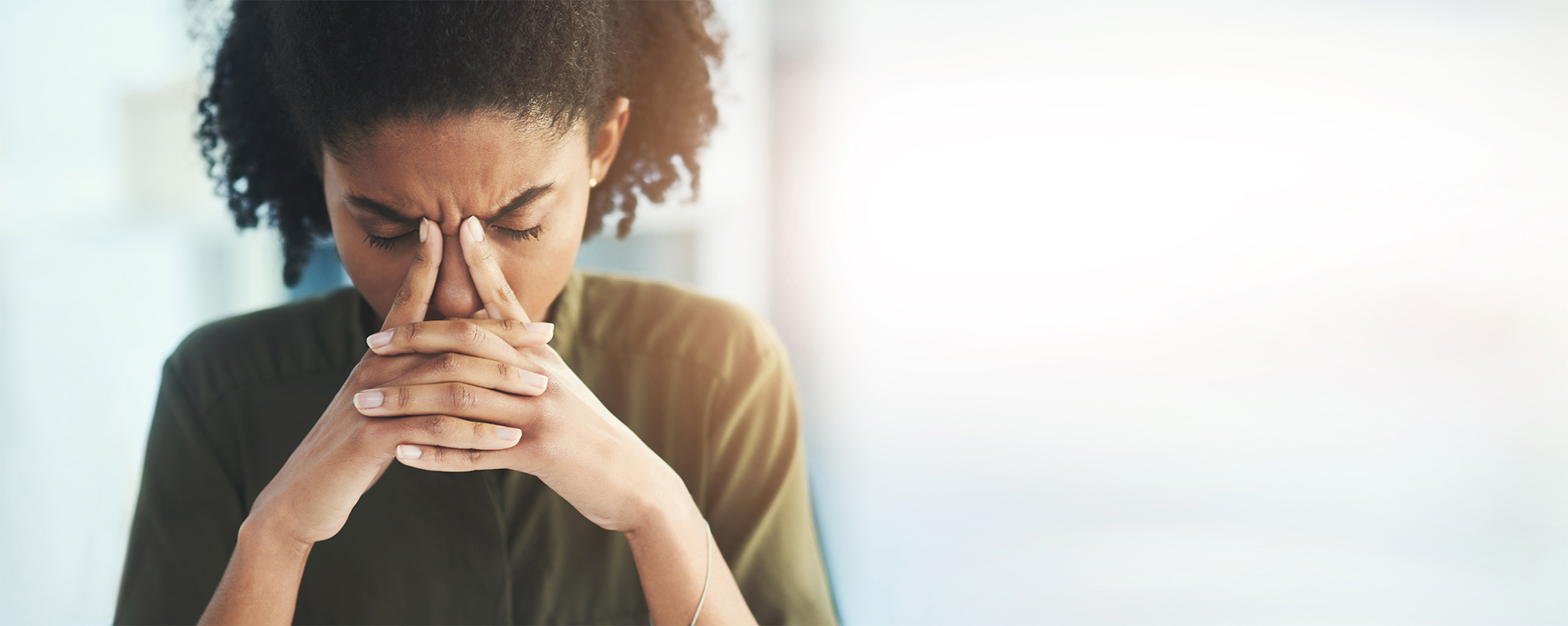
ajor depression goes undiagnosed and untreated at higher rates in majority African American and Hispanic communities according to a Blue Cross Blue Shield 2022 study (bcbs.com).
Erlanger Turner, Ph.D., is a clinical psychologist, blogger, author of the book Mental Health Among African Americans, and associate professor at Pepperdine University. His expertise positions him as an observer at the intersection of race, culture, and ethnicity. Racist situations, increased police violence, and brutality that is witnessed—first or second hand—can exacerbate symptoms of anxiety and depression.
In spite of this, many have observed that black men, in particular, seem reluctant to seek professional help.
“Men are socialized to not express emotions,” said Sonya Gray Belcher, a clinical psychologist, on the “Friends and Family 4 Health Equity” YouTube webcast. “And, that may prevent them from getting help.”
Persistent depression can not only result in a loss of joy in everyday activities, decreased appetite, and difficulty sleeping, but it can also result in easy irritability and difficulty concentrating. Anxiety or excessive worry can interfere with work and personal relationships and result in physical symptoms such as a racing heart and sweaty palms. Anxiety and depression can lead to bad coping mechanisms such as consuming illegal drugs, or even misusing legal or prescription medications. These are all reasons to reach out for help before it is too late.
Black American women often present with more chronic and severe somatic or physical symptoms such as chronic headaches or weight gain, according to Allycin Hicks, also a clinical psychologist. Hicks noted that adverse childhood experiences, poverty, abuse, and even environmental pollution can increase the risk of anxiety and depression.
But, when it comes to childhood trauma, it’s hard to “un-ring that bell,” agreed Cynthia Powell-Hicks, the mother of the psychology-practicing duo.
Black women may delay getting help for anxiety and depression because of the stereotype of the Strong Black Woman. Vulnerable times in a woman’s life are often during times of transition, such as transitioning from adolescence to adulthood, post-partum, empty nest, menopause, and widowhood. Each phase or stage may call for intervention with professional help.
For so long, the church has been a source of help and solace for many black Americans, however at times it can be part of the problem. One guest on the webcast recounted experiencing depression while at church. Instead of finding the support she needed, she left thinking that she was not spiritual enough.
“I believe in prayer,” said Calvin Watkins, II, a practicing pastor, “but if you have bipolar disease, please take your pills.”
If you, or someone you know, need counseling support, take time for these considerations:
- Reach out to culturally competent, licensed counselors, psychologists, and master‘s level sociologists, or as Allycin Hicks recommended, counseling from a “decolonized” therapist or a culturally sensitive therapist.
- Call your doctor for a referral or an organization such as the Association of Black Psychologists.
- Call 9-8-8, a suicide and mental health crisis hotline.
- Remember to incorporate additional practices that have proven effective, such as music therapy, meditation, getting out in nature (apa.org), exercising (mayoclinic.org), or eating fruits and vegetables (health.harvard.edu).